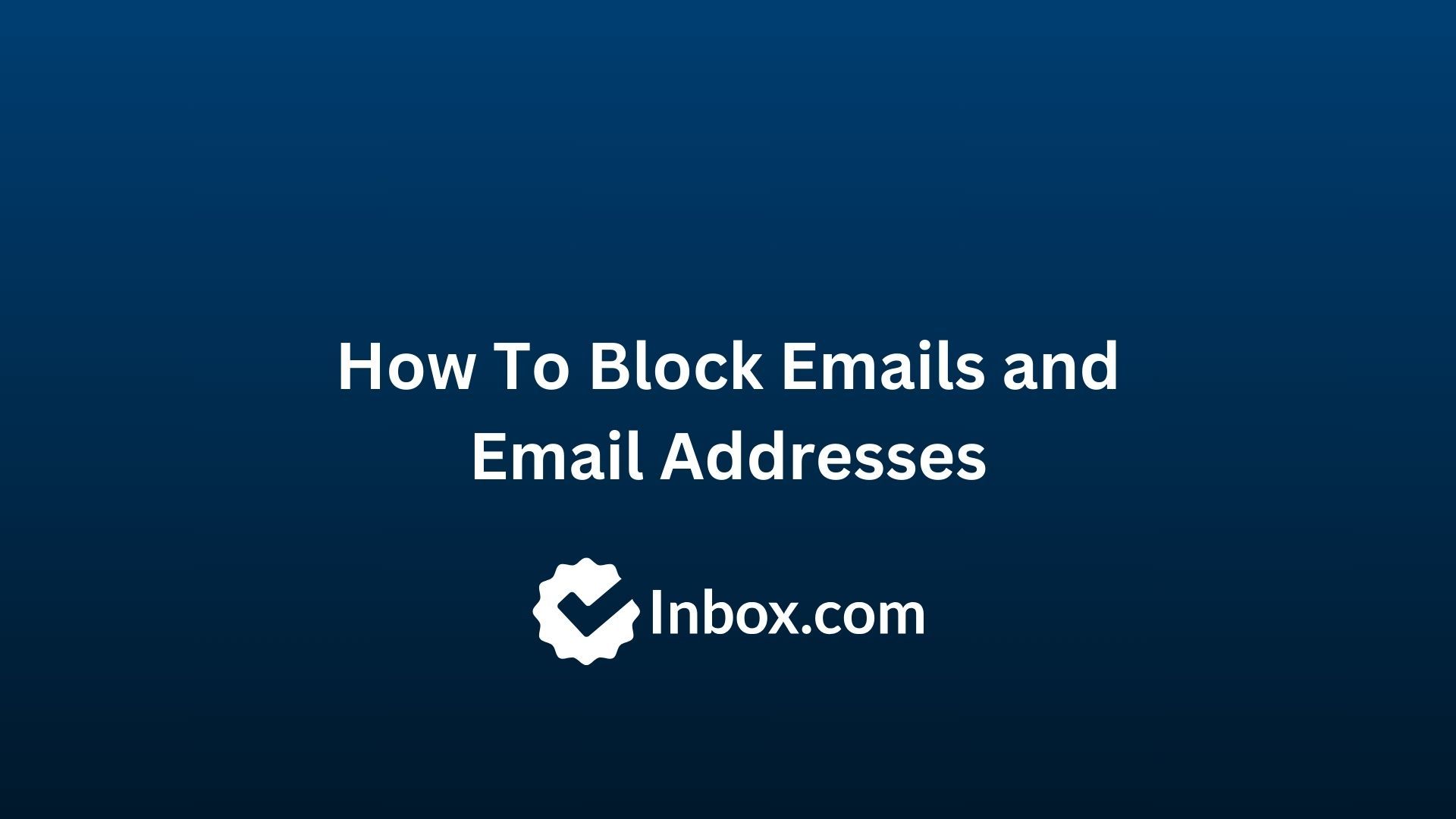
How to Write an Email to a Professor
Crafting a well-written email is not only a sign of professionalism but also crucial for effectively conveying your message. Whether you're seeking clarification on an assignment, requesting a meeting, or expressing gratitude, here's a short guide on how to compose an email to your professor.
How to Start an Email to a Professor
Email greetings can seem like a tricky business – on one hand, it’s not as formal as a letter, but on the other hand, you want to be respectful, especially in professional and academic contexts.
A good email salutation sets the tone for your email and establishes respect for your professor. Always begin with a formal greeting, using their preferred title and last name (e.g., "Dear Professor Smith"). If you're unsure of their title or preference, err on the side of formality.
Avoid using overly familiar or casual language, such as "Hey" or "Hi [first name]." Remember, you're addressing a respected academic professional, so maintaining a level of formality is essential.
How to Write an Email to a Professor: The Main Body
When composing your email, clarity and conciseness are key. Start by stating the purpose of your email in the opening paragraph. Whether you're seeking clarification on course material, requesting an appointment, or asking for an extension, be direct and specific.
Provide context if necessary, but avoid lengthy explanations. Professors are often busy, so gett to the point quickly. Structure your email with clear paragraphs and use bullet points or numbered lists for multiple points to make it easier to read.
Always use professional language and proper grammar. Avoid slang, abbreviations, or emoticons. Proofread your email before sending it so you don’t make simple mistakes.
How to End an Email to a Professor
The closing of your email should also reflect professionalism. End with a polite closing phrase, such as "Sincerely," "Best regards," or "Thank you," followed by your full name. If you're requesting a response, consider adding a courteous closing sentence, such as "I look forward to your reply."
Avoid using overly informal closings like "Cheers" or "Take care." Remember, your goal is to maintain a respectful and somewhat formal tone throughout the email.
Sending a Sick Email to your Professor
If you're unable to attend class due to illness, it's important to notify your professor promptly. In the subject line, clearly indicate that your email concerns an absence due to illness (e.g., "Absentee Notification: Illness").
In the body of the email, briefly explain your situation and express your regret for missing class. If applicable, inquire about any missed assignments or material covered during your absence. Attach any relevant documentation, such as a doctor's note, if available.
End the email with a polite closing and your full name. It's also courteous to follow up with your professor once you've recovered to discuss any missed coursework or make-up opportunities.
Emailing your Professor: Example Emails
1. Consultation
Subject: Meeting Request for Course Consultation
Dear Professor Johnson,
I hope this email finds you well. My name is [Your Name], and I'm currently enrolled in your History 101 course. I'm writing to request a meeting to discuss my progress in the class and seek guidance on upcoming assignments.
I've thoroughly enjoyed the course thus far and have found the material fascinating. However, I'm hoping to gain further clarity on the expectations for the upcoming research paper and would appreciate your insights on refining my topic.
Would it be possible to schedule a brief meeting at your earliest convenience? I'm available on [offer a few potential meeting times/dates], but I'm flexible to accommodate your schedule.
Thank you for your time and consideration. I look forward to hearing from you soon.
Best regards,
[Your Full Name] [Your Class/Section Information] [Your Contact Information]
2. Assignment Clarification
Subject: Inquiry about Assignment Requirements for History Essay
Dear Professor Rodriguez,
I hope this email finds you well. I am a student in your History 215 class, and I am currently working on the upcoming essay assignment due next week. I wanted to reach out to clarify a few points regarding the assignment requirements.
Specifically, I was hoping to get clarification on the expected length of the essay and whether outside sources are permitted for this assignment. Additionally, I would appreciate any guidance you could provide regarding the structure and focus of the essay.
Thank you for your assistance and for your dedication to our learning experience. I look forward to your response.
Best regards,
[Your Full Name] [Your Class/Section Information] [Your Contact Information]
3. Expressing Gratitude
Subject: Appreciation for Recent Lecture
Dear Professor Williams,
I wanted to take a moment to express my sincere gratitude for your insightful lecture on cognitive psychology during yesterday's class. Your ability to explain complex concepts in a clear and engaging manner truly enhances our learning experience.
I particularly appreciated the real-world examples you provided, which helped solidify my understanding of the material. Thank you for your dedication to teaching and for inspiring us to delve deeper into the subject matter.
Best regards,
[Your Full Name] [Your Class/Section Information] [Your Contact Information]
4. Requesting Letter of Recommendation
Subject: Request for Letter of Recommendation
Dear Dr. Thompson,
I hope this email finds you well. I am reaching out to request a letter of recommendation for an internship opportunity I am applying for this summer.
As a student in your Sociology 401 course, I have greatly benefited from your guidance and mentorship throughout the semester. I believe that your insight into my academic performance and character would make for a strong recommendation.
If you are willing to provide a letter of recommendation, I would be happy to provide any additional information or materials you may need. The deadline for submission is [insert deadline].
Thank you for considering my request. Your support means a great deal to me.
Sincerely,
[Your Full Name] [Your Class/Section Information] [Your Contact Information]
5. Assignment Extension Request
Subject: Request for Assignment Deadline Extension
Dear Dr. Smith,
I hope this email finds you in good health. I am writing to request an extension for the upcoming [Assignment Name], due on [Date]. Unfortunately, I am facing unforeseen personal challenges that have impacted my ability to complete the assignment on time.
I understand the importance of deadlines and am committed to submitting quality work. I am seeking a [number of days] extension to ensure that I can submit a well-prepared assignment.
I appreciate your understanding and consideration of my request. If needed, I can provide additional documentation or discuss this matter further during your office hours.
Thank you for your time.
Best regards, [Your Full Name] [Course and Section Information]
6. Absence Due to Family Emergency
Subject: Absence Notification Due to Family Emergency
Dear Professor Martinez,
I hope this message finds you well. Unfortunately, I am writing to inform you that I am experiencing a family emergency that requires my immediate attention. As a result, I will be unable to attend class on [specific date].
I understand the importance of class attendance and am committed to making up for any missed work. Could you please provide guidance on how to proceed with any assignments or lectures I may miss during this time?
Thank you for your understanding, and I appreciate your support during this challenging period.
Sincerely, [Your Full Name] [Course and Section Information]
Final note
Effective communication with your professors not only demonstrates professionalism but also fosters positive relationships that can be beneficial throughout your academic journey. By following these guidelines and using these templates, you can ensure that your emails to professors are clear, respectful, and well-received.
Whenever it’s time for you to move on beyond university, you may want to look at getting yourself a professional email address to ensure your transition into professional life is as smooth as possible.
Updated: July 6, 2024 at 12:49 PM
Published: July 6, 2024 at 12:49 PM


